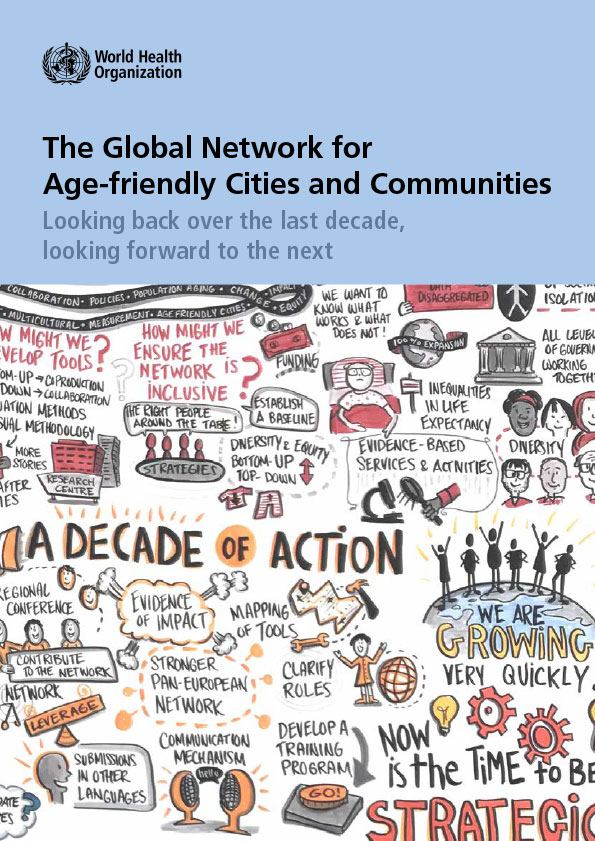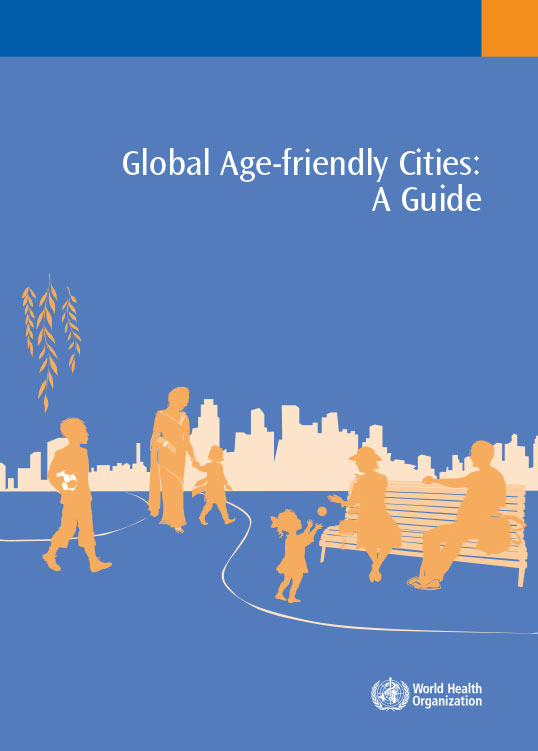Age-Friendly Environments

By the year 2024 people 65 years and older will represent over a quarter of the global population. This trend in population ageing is inextricably linked with trends towards urbanization, globalization and migration. These trends are profoundly impacting the way individuals irrespective of age will interact with and experience their environments and age healthy.
In September 2015, the UN General Assembly adopted the Sustainable Development Goals (SDGs), a set of 17 global objectives which strive to increase peace and prosperity for people and the planet. Of the 17 outlined goals which are highly integrated and diverse 15 are directly relevant to ageing.
In line with the SDGs, the WHO released in 2015 the World Report on Ageing and Health, which not only re-defined healthy ageing but also outlined a new operational framework centered around the concept of functional ability. Highlighted through the report was inter-relationship between the intrinsic capacity of an individual and their environment which manifests in their functional ability and healthy ageing.
The IFA with general consultative status with the United Nations and in official relations with the WHO is dedicated to the priorities set forth by these organizations as they relate to healthy ageing, and acting as both the secretariat and as an affiliate for the WHO Global Network of Age Friendly Cities and Communities, is committed to driving the creation of age-friendly environments globally.
POLICY POSITIONS:
The creation of age friendly environments is a complex multisectoral, multi-stakeholder endeavour. IFA is committed to supporting policy interventions at all levels of government which incorporate an ageing lens in the development and implementation of their programs, services and systems, including but not limited to; housing initiatives, urban planning and applied technologies.
Furthermore, IFA believes that age-friendly environments are fundamentally about the capacity for all individuals irrespective of disease, gender, sexual orientation and/or age to engage actively and meaningfully with their environments. Therefore, supporting policies that reflect a life course approach to healthy ageing as well as a commitment to the creation of environments that increase the intrinsic capacity for all individuals is a key priority.

ECHO MENTORSHIP PROGRAMS:
The International Federation on Ageing (IFA) offers impactful ECHO Mentorship Programs in both English and French, promoting professional growth and social justice. These programs connect participants with expert hubs, providing continuous learning and peer support. Comprehensive session materials, including PDF reports and infographics, are available for download. For more detailed information and resources, click here. or th button blow.





